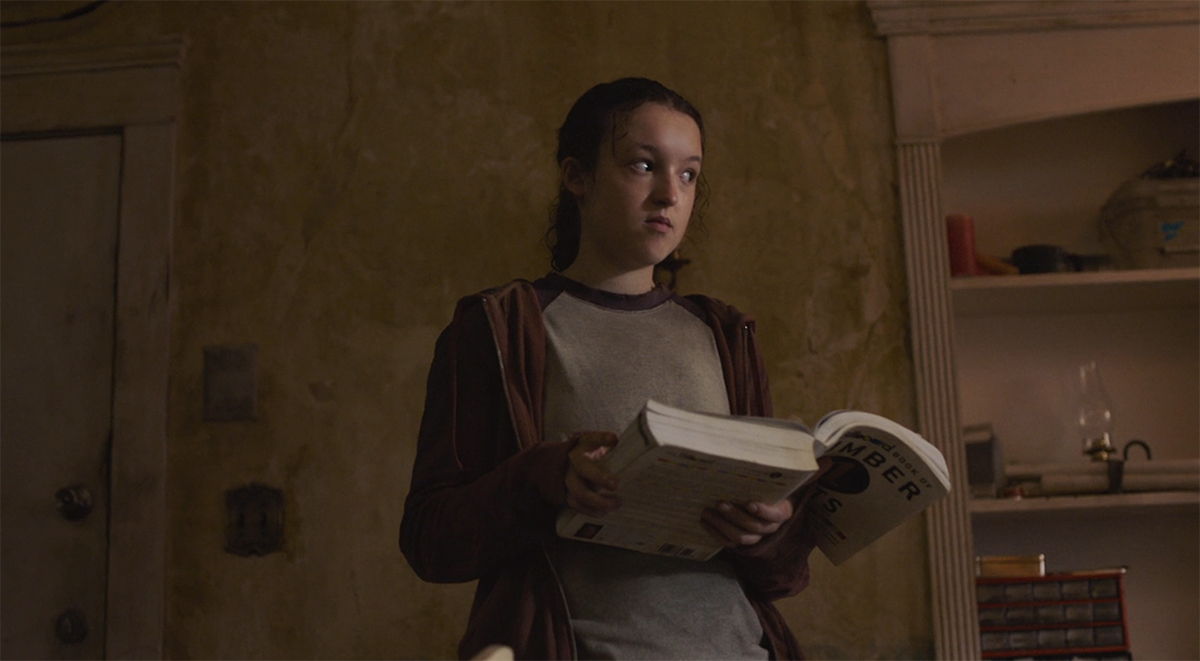The Meaning of ‘The Last of Us’ Depeche Mode Song Wasn’t What We Expected

The post-apocalyptic world of HBO’s The Last of Us forces its characters into two sides: Those with government organization FEDRA and those against them. There are variations in both sides, the extremes being a FEDRA agent and protector of the organization or a member of the Fireflies who’s ready to start a rebellion. For Joel Miller and Tess Servopoulos, they’re sort of in the gray area. They give FEDRA what they want and need when it benefits them, and they work with the Fireflies when they have to.
And in that same gray area are Bill and Frank. They are all, for the most part, people who just want to survive, but then they are thrust into a bigger narrative when Ellie comes into play, with her immunity to the Cordyceps fungus turning people into monsters. For Joel (Pedro Pascal), he is only helping Ellie to go and make sure his brother, Tommy (Gabriel Luna), is safe. Tess (Anna Torv) is in it because she wants to help Joel, but also because she believes in Ellie (Bella Ramsey) and what her immunity means for the world.
Prior to Ellie, Joel and Tess just wanted to survive and would talk with Bill and Frank about resources. They had a code using music on the radio so no one would overhear them: ’60s music meant that they had new goods in Bill’s town, ’70s meant nothing new, and ’80s meant danger. So, when the series’ pilot episode ended with the radio playing a Depeche Mode song, famous in 1987, we as the audience knew something was wrong with whoever sent it.
Then, episode 3 “Long Long Time,” came out, and we learned what happened, but it changed our original thoughts about how the radio works and what the Depeche Mode song meant.
So what does “Never Let Me Down Again” mean?
At the time of the series’ premiere, we thought it meant that something was going wrong in Bill’s town, mainly because what we knew was that ’80s meant bad news. What we’ve come to learn in “Long Long Time” was that Bill and Frank had the music set up on a loop. They could go down and change it, but if they didn’t reset the music by a certain point, it would automatically switch to ’80s songs.
So, when the series did bring us “Long Long Time,” we realized why the music switched to the ’80s. It wasn’t because something bad happened to them at the hand of someone else; it was because they chose their fate together, and their backup plan in case something happened to them kicked in regardless. It does make realizing what is happening with “Never Let Me Down Again” hit in a weird way.
That pilot left us all with an uneasy feeling about what was to come for the future, but then the reality is a heart-wrenching love story. I know I wasn’t alone I thinking that the Depeche Mode song meant that we were going to see Joel and Ellie in danger, and instead, we were given the third episode—the one that just broke our hearts.
And so now, watching the pilot again, we’ll always know what the Depeche Mode means.
(featured image: HBO)
Have a tip we should know? [email protected]
